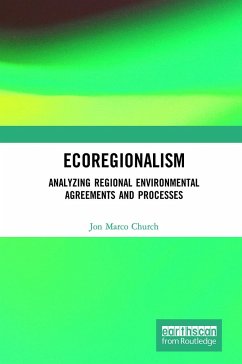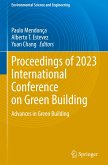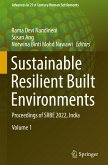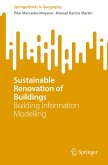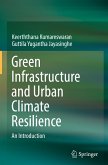Ecoregions are defined on natural resource boundaries rather than political criteria. The aim of this book is to provide a comprehensive understanding of environmental regionalism at the international level, analyzing the concept and its evolution. Several disciplines are mobilized to develop a model of ecoregional processes: ecology, geography, economics, and political science. The distinction between the idea of environmental region (ecoregion) and the process of clustering around environmental regions (ecoregionalization) is presented. There are approximately eighty international treaties about transboundary rivers, seas, mountains, and other ecoregions. However, scholars and practitioners tend to have confused ideas about regional environmental processes. An in-depth comparison of a regional environmental agreement and of a regional integration process in mountain areas in Western Europe and South America is therefore provided, based on the model of ecoregional processes developed in the first part of the book. This allows highlighting major differences, as well as similarities and potential synergies. The cases of the Amu Darya river basin and the Caspian Sea in Central Asia are also examined, as are examples such as the Baltic Sea and North American Great Lakes. These show whether the conclusions reached about ecoregionalism in mountain areas are applicable also to other contexts. The author argues how a better understanding of ecoregionalism contributes to the strengthening of existing regional environmental arrangements, as well as to the greening of ongoing regional integration processes.
Hinweis: Dieser Artikel kann nur an eine deutsche Lieferadresse ausgeliefert werden.
Hinweis: Dieser Artikel kann nur an eine deutsche Lieferadresse ausgeliefert werden.

